We are celebrating the 10-year anniversary of Debats d’Educació by giving the educational community the opportunity to air its views
The 10 topics
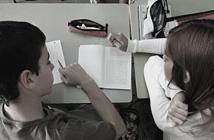
Creating schools that prepare for the future
What role should the classroom play in the learning process in the 21st century? How should schools be organized in order to create real learning contexts? How can steps be taken towards school leadership that is centred on learning? What are the conditions that will allow schools to learn and work as a community?

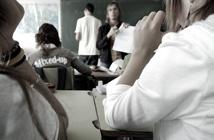
What does being a good education professional mean in the 21st century?
What competencies do teachers need in the 21st century? What initial and ongoing training do they need? How can the most talented and motivated young people be attracted to the teaching profession? How can the best teachers be retained in the schools that most need them? How can education professionals incorporate systematic reflection on practice and the quest for educational improvement? How can universities collaborate in this?

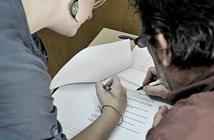
How will education be financed in the future?
How will we be able to maintain public education as a guarantee of equality of opportunity? What challenges does public-private hybridisation raise in the education sector? How can fair, efficient use of resources be guaranteed? What alternatives for financing are there in an international context?

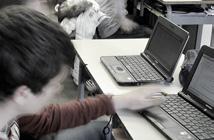
Lifelong learning: who and what for?
What does lifelong education mean in the knowledge society? How can equality of opportunity be guaranteed in this process? How can a response be made to learning needs linked with life trajectories, not just professional trajectories? How should the learning that is acquired in the non-formal sector be recognized? How can individual commitment to one’s learning process be developed?


What needs to be done with the results of evaluation?
How can we link the results of evaluation with the governance of the system? Should evaluation have an influence on the assignment of resources? What model of accountability would improve the education system? What evaluative and diagnostic instruments would contribute more effectively to continuous improvement?

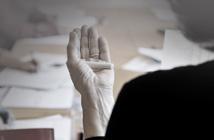
How can equity and quality be reconciled in education?
What challenges are presented by a balance between equity and quality? Is school still a lever for social mobility? How can we guarantee schools of quality for everyone at a time of economic crisis? How can we promote and extend effective practices, especially in schools in disadvantaged areas?

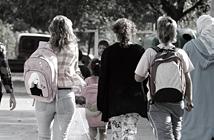
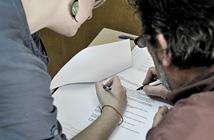
Pupils’ commitment to their learning process
How can individual responsibility be developed in the pupil’s learning process? What can schools do to attract and retain pupils? How can motivation and individual interests be linked with academic achievement? How can advantage be taken of out of school learning?

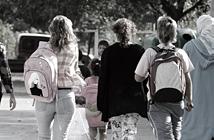
Collaboration for educational change
Who has to drive the changes needed by education in the future? How can we foster the commitment of the entire educational community to improving the education system? Can we make collaboration a genuine driving force for change that will facilitate the continuous improvement of learning processes? How are the roles and responsibilities in collaborative contexts redefined? How can other players outside the field of education be given co-responsibility?








 The texts published on this website are, unless otherwise indicated, covered by the Creative Commons Spain Attribution 3.0 licence. You may copy, distribute, transmit and adapt the work, provided you attribute it (authorship, journal name, publisher) in the manner specified by the author(s) or licensor(s). The full text of the licence can be consulted here:
The texts published on this website are, unless otherwise indicated, covered by the Creative Commons Spain Attribution 3.0 licence. You may copy, distribute, transmit and adapt the work, provided you attribute it (authorship, journal name, publisher) in the manner specified by the author(s) or licensor(s). The full text of the licence can be consulted here: